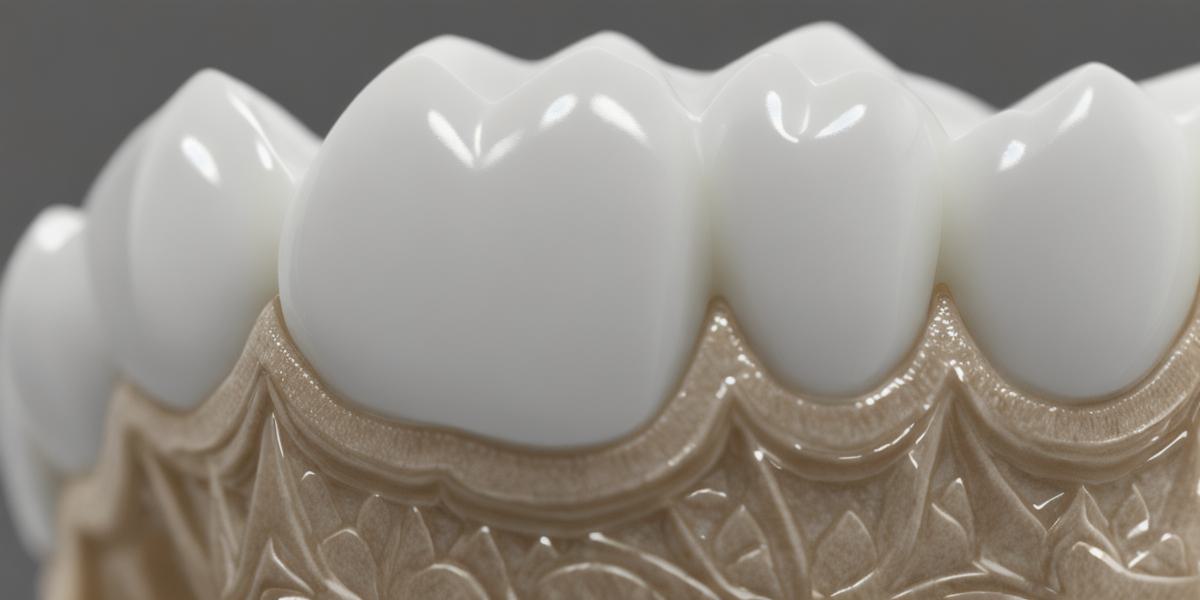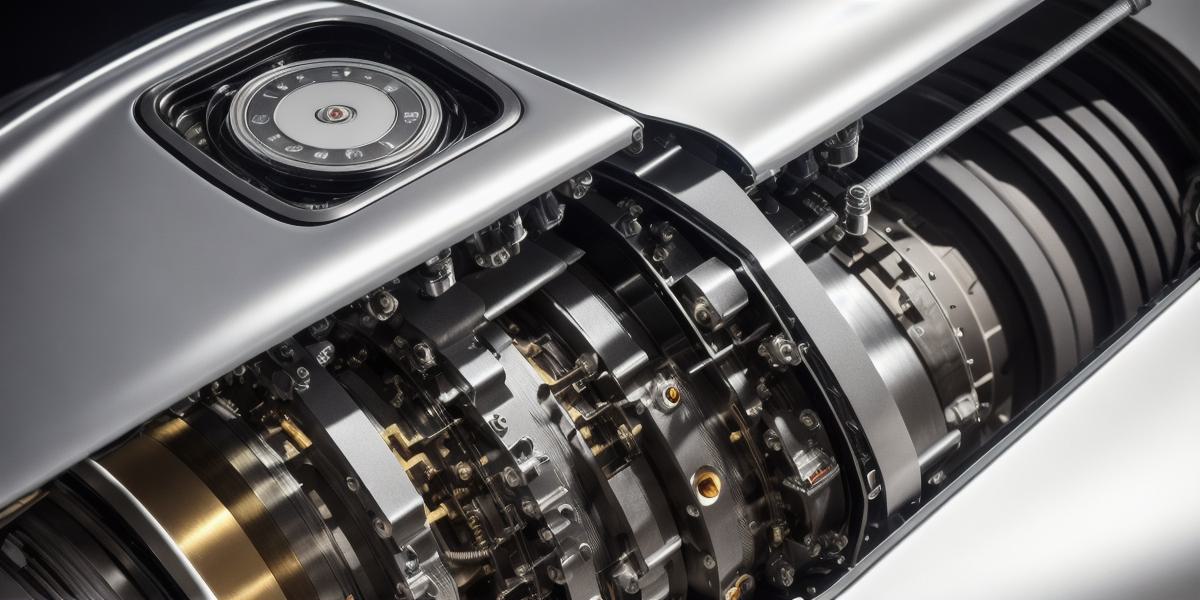Dental crowns are a common dental procedure used to restore damaged or decaying teeth. They can last for many years, but sometimes they need to be replaced due to various reasons. In this article, we will explore how often dental crowns can be replaced and what factors contribute to their longevity.
Why Do Dental Crowns Need to Be Replaced?
Dental crowns are designed to last for many years, but they can still fail due to various reasons. Some of the common causes of dental crown failure include:
- Decay or Cavities: Dental crowns can be affected by decay and cavities, which can weaken the structure of the crown and make it more prone to breakage.
- Wear and Tear: Over time, the crown can wear down due to normal use, such as chewing and biting. This can cause cracks or fractures in the crown.
- Chipping or Breaking: Dental crowns can also chip or break due to trauma or accidental injury.
- Root Canals: If a dental crown is placed on top of a tooth that has had a root canal, it may not last as long as it would if the tooth was healthy. This is because the tooth structure is weaker and more prone to cracking.
- Lack of Proper Maintenance: Without proper maintenance, such as regular cleanings and check-ups, dental crowns can become stained or damaged, which can lead to their failure.
How Often Should Dental Crowns Be Replaced?
The lifespan of a dental crown depends on several factors, including the type of crown, the quality of the materials used, and how well the crown is cared for. On average, dental crowns can last anywhere from 5 to 15 years with proper care and maintenance. However, some people may need their dental crowns replaced more frequently than others due to factors such as poor oral hygiene or genetic predisposition to tooth decay.
Types of Dental Crowns and Their Longevity
There are several types of dental crowns available, each with its own expected lifespan. The three most common types of dental crowns are:
- Stainless Steel Crowns: These are the most common type of dental crown and can last for many years with proper care and maintenance. However, they may not be as aesthetically pleasing as other types of crowns.
- Porcelain Crowns: These are more aesthetic than stainless steel crowns and can last for up to 15 years with proper care and maintenance. They are made from a combination of porcelain and metal, making them both strong and durable.
- Gold Crowns: Gold crowns are the most expensive type of dental crown but also the most durable. They can last for many years with proper care and maintenance and are resistant to wear and tear. However, they may not be as aesthetically pleasing as porcelain or stainless steel crowns.
Factors that Affect the Longevity of Dental Crowns

Several factors can affect the longevity of dental crowns, including:
- Oral Hygiene: Poor oral hygiene, such as not brushing and flossing regularly, can lead to tooth decay and cavities, which can weaken the structure of the crown.
- Diet: A diet high in sugary or acidic foods can also contribute to tooth decay and erosion, which can affect the longevity of dental crowns.
- Genetics: Some people may be more prone to tooth decay due to genetic predisposition.



